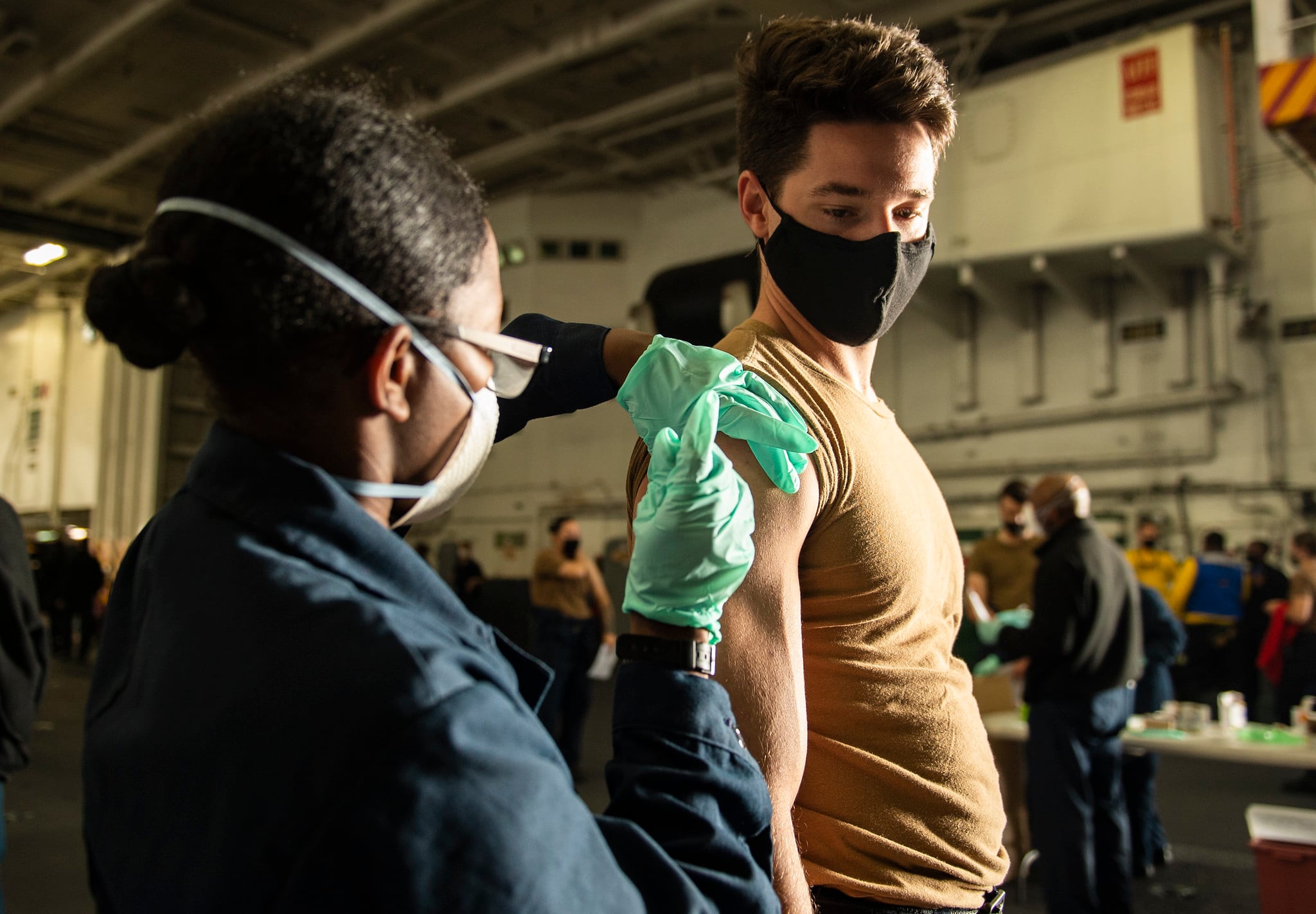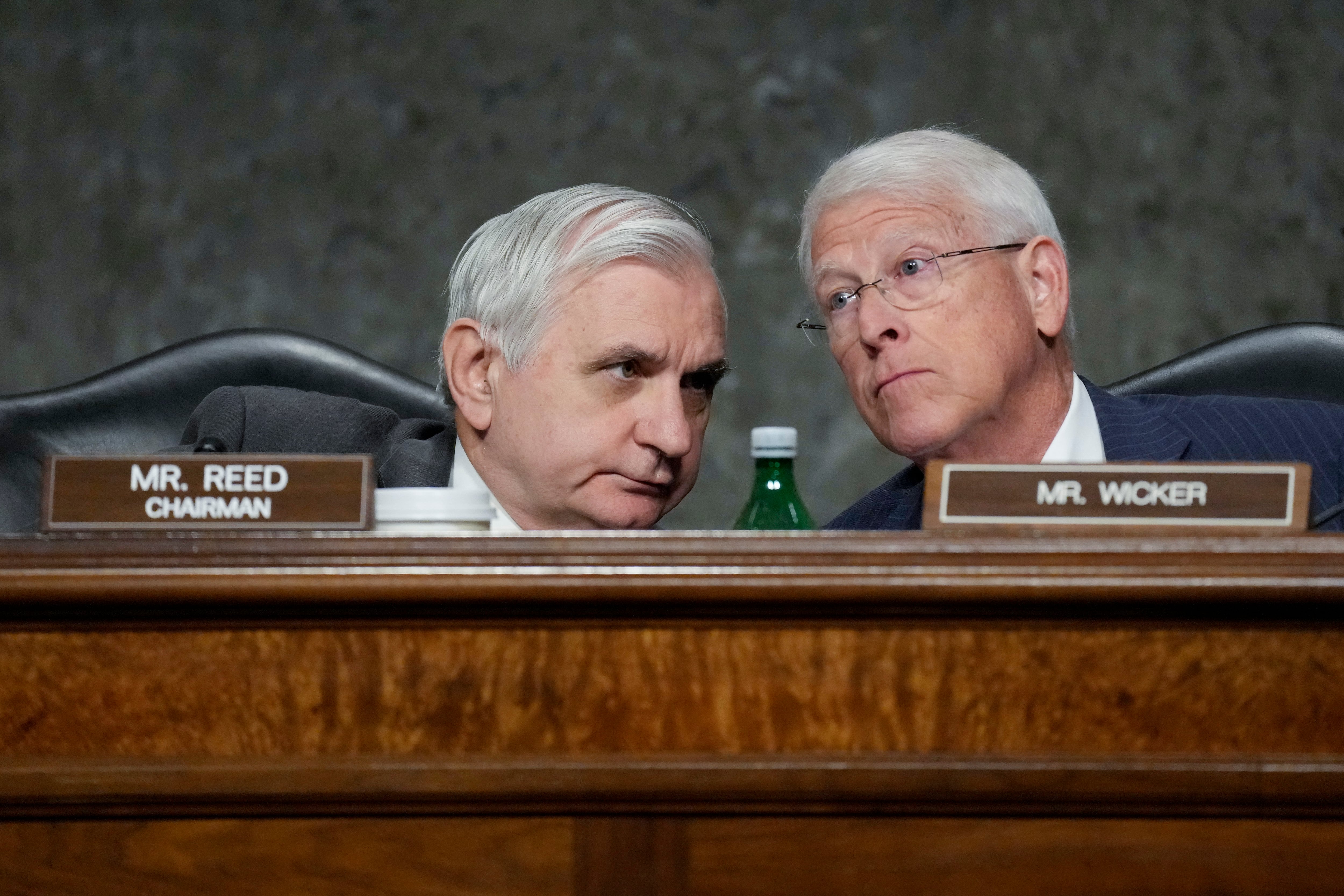A second sailor has died of COVID-19 complications, the Navy Reserve confirmed to Military Times on Monday, making him the youngest service member yet to die after contracting the novel coronavirus.
Builder 2nd Class Nathan Huff Bishop, a reserve Seabee, died Dec. 1 in an Ohio hospital, according to a Navy Reserve spokesman.
“Our thoughts and prayers are with the family, friends,” Cmdr. Ben Tisdale said in a statement.
Huff Bishop enlisted in 2005, serving at several Naval Mobile Construction units, from Gulfport, Miss., to Port Hueneme, Calif., and his Ohio home state. He deployed in support of operations in Iraq and Afghanistan in 2010, according to his bio. He was last assigned to Naval Operational Support Center Akron, Ohio.
His death is the fifth in as many weeks, as new infections among service members surge along with nationwide numbers. While most of the military’s deaths have been among troops in their 40s and 50s, at 33 Huff Bishop is the youngest service member to die, three years younger than a 36-year-old California Guardsman who died in August.
Though the military’s death rate remains statistically insignificant, compared to the nationwide rate of roughly 2 percent, the past months have seen a marked spike in troop deaths. Since the first death, of an Army National Guardsman in April, there have been roughly one or two per month, which dropped down to zero in October. Since early November, there has been one reported per week.
As of Monday, more than 86,000 troops have tested positive for the novel coronavirus, for an infection rate mirroring the nation’s current 4 percent, including 837 hospitalizations and 52,425 recoveries.
As the country prepares for roll-out of approved COVID-19 vaccines, the Defense Department has not been clear on where military members will rank on the priority list.
The Centers for Disease Control and Federal Drug Administration have named frontline workers, including health care personnel and first responders, and long-term care residents as most critical, but DoD has not specified whether military health care workers and first responders are included in that plan.
RELATED

However, Chief of Naval Operations Mike Gilday said during Capital Hill testimony on Wednesday that frontline service members will be considered the same as their civilian counterparts.
And, he added, the Navy has a plan for quickly vaccinating its force.
“If there’s anything we’re good at, it’s mass immunization of the military,” Gilday said.
DoD, however, has not specified whether a vaccine will be mandatory for all troops, or for dependents and civilian employee living and working on DoD installations.
Meghann Myers is the Pentagon bureau chief at Military Times. She covers operations, policy, personnel, leadership and other issues affecting service members.




